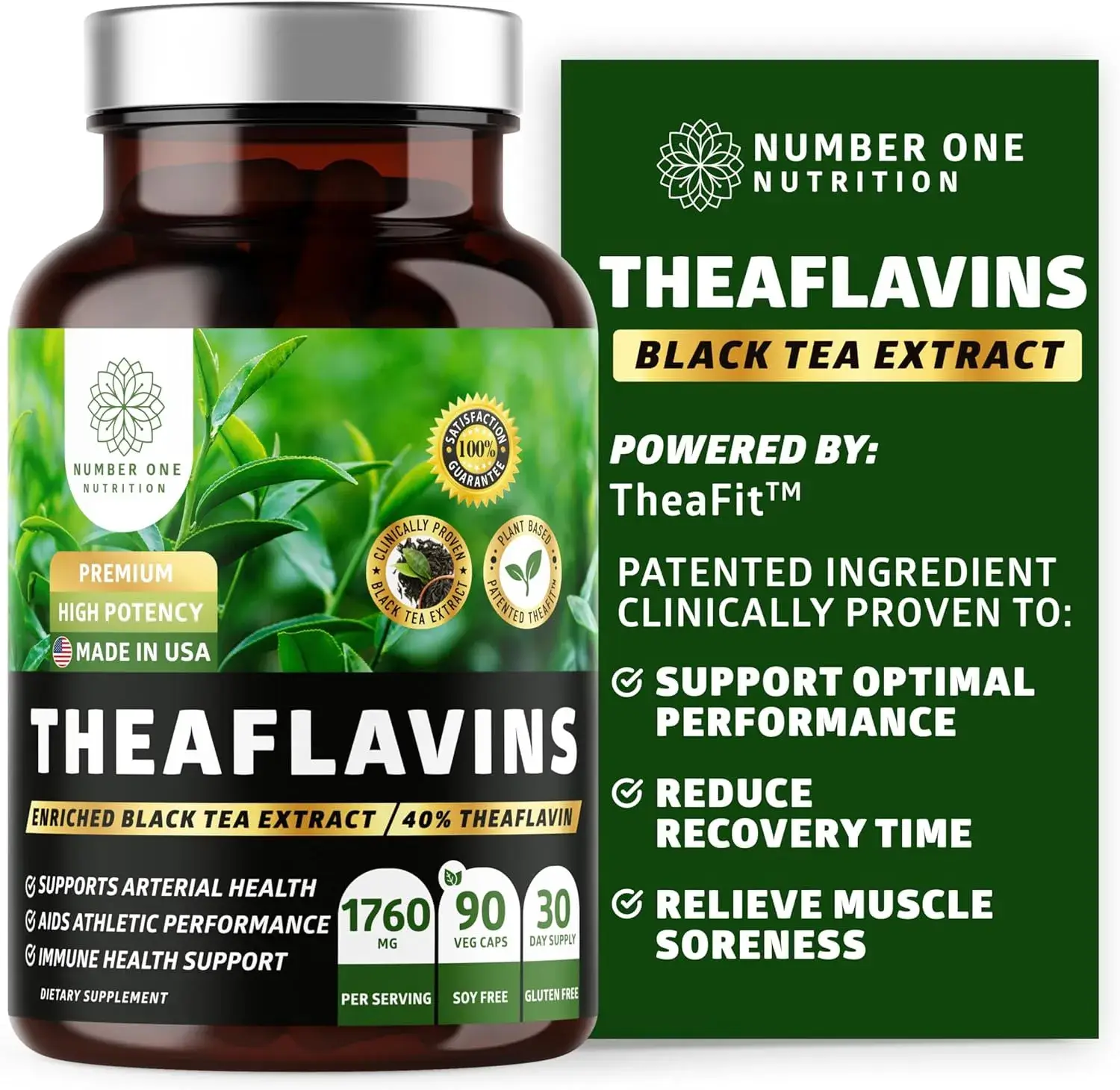Table of Contents
Lemongrass tea is a popular herbal infusion known for its soothing properties and citrusy aroma. However, when it comes to lemongrass tea and pregnancy, many women wonder if this delicious tea is safe to consume. In this article, we’ll dive deep into the topic of lemongrass tea and pregnancy, exploring the lemongrass tea benefits and side effects, as well as how to make a lemongrass tea at home. Understanding these aspects will help expecting mothers make informed decisions about their diet during pregnancy.
Is Lemongrass Tea Safe During Pregnancy?
Pregnancy is a delicate time where diet plays a critical role in the health of both the mother and the baby. Many herbal teas, including lemongrass tea, are often viewed as natural and safe. However, when it comes to pregnancy, things aren’t always so straightforward.
Lemongrass tea is made from the Cymbopogon citratus plant, commonly used in Southeast Asian cuisine and medicine. Its refreshing taste makes it a favorite in many homes, but pregnant women should exercise caution. While lemongrass has been used traditionally for various ailments, scientific research on its safety during pregnancy is limited.
Potential Risks
The primary concern with lemongrass tea and pregnancy lies in certain compounds present in lemongrass, particularly citral and myrcene. These compounds have been shown to cause uterine contractions in some studies. This means that excessive consumption could potentially lead to premature labor, especially during the first and second trimesters.
Another concern is that lemongrass may affect hormone levels, which could interfere with pregnancy. Pregnant women are generally advised to limit or avoid herbs that are known to have uterine-stimulating effects, and lemongrass falls into this category. Therefore, if you’re pregnant or planning to become pregnant, it’s advisable to consult with a healthcare professional before incorporating lemongrass tea into your routine.
👉 Indulge in Premium Lemongrass Tea – Pure & Refreshing! 👈
Lemongrass Tea Benefits and Side Effects

Lemongrass tea, like many herbal teas, has a number of potential health benefits. However, it’s essential to weigh these against the possible side effects, particularly for pregnant women.
Benefits of Lemongrass Tea
- Rich in Antioxidants: Lemongrass is packed with antioxidants that help protect your body from damage caused by free radicals, potentially lowering the risk of chronic diseases.
- Digestive Aid: Lemongrass tea is often used to help alleviate digestive issues such as bloating, constipation, and indigestion. This can be beneficial during pregnancy when digestive problems are common.
- Natural Diuretic: It acts as a mild diuretic, helping to eliminate excess fluid and toxins from the body. This can be especially useful for reducing pregnancy-related bloating.
- Anti-inflammatory Properties: The anti-inflammatory nature of lemongrass helps in reducing inflammation, which may benefit women suffering from pregnancy-induced discomfort.
- Immune System Support: Lemongrass contains Vitamin C and other essential nutrients that may boost the immune system, helping to ward off infections.
Side Effects of Lemongrass Tea
Despite its benefits, there are some risks associated with drinking lemongrass tea, particularly during pregnancy. The following are some of the potential side effects:
- Uterine Contractions: As mentioned earlier, lemongrass contains citral and myrcene, which have been shown to cause uterine contractions. This could lead to preterm labor or miscarriage, especially if consumed in large amounts.
- Allergic Reactions: Some people may experience allergic reactions to lemongrass, including skin rashes, throat irritation, or difficulty breathing.
- Lowered Blood Pressure: Lemongrass tea can cause a decrease in blood pressure, which may lead to dizziness or fainting. Pregnant women who already experience low blood pressure should be cautious.
- Gastrointestinal Issues: While it can help with digestion, too much lemongrass tea may cause nausea or vomiting, which can exacerbate pregnancy-related morning sickness.
Given these potential side effects, it’s important for pregnant women to approach lemongrass tea with caution and seek medical advice before consuming it.
👉 Savor the Zesty Freshness of Lemongrass Tea Today! 👈
How to Make a Lemongrass Tea

If you’re still interested in trying lemongrass tea and have received approval from your healthcare provider, making it at home is simple and allows you to control the ingredients and portions.
Ingredients:
- 2-3 fresh lemongrass stalks (or 1-2 teaspoons of dried lemongrass)
- 2 cups of water
- Optional: honey, lemon, or ginger for added flavor
Instructions:
- Prepare the Lemongrass: If using fresh lemongrass, cut off the root end and peel away the tough outer layers. Chop the stalk into smaller pieces and lightly bruise them with the back of a knife to release the essential oils.
- Boil the Water: Bring 2 cups of water to a boil in a small pot.
- Simmer: Add the lemongrass stalks (or dried lemongrass) to the boiling water. Reduce the heat and let it simmer for about 10 minutes.
- Strain and Serve: After simmering, strain the tea into a cup to remove the lemongrass pieces. Add honey, lemon, or ginger for additional flavor if desired.
This basic recipe for lemongrass tea can be enjoyed warm or chilled. However, if you’re pregnant, be mindful of the amount you consume. One cup every few days might be safer than making it a daily habit.
Other Herbal Alternatives to Lemongrass Tea During Pregnancy
If you’re unsure about consuming lemongrass tea during pregnancy but still want to enjoy herbal infusions, consider these alternatives that are generally safer for pregnant women:
- Ginger Tea: Known for helping with nausea and morning sickness, ginger tea is a popular choice for pregnant women. It also has anti-inflammatory properties and is gentle on the stomach.
- Rooibos Tea: Caffeine-free and rich in antioxidants, rooibos tea is a good alternative that can be consumed throughout pregnancy.
- Peppermint Tea: If you suffer from pregnancy-related digestive issues like bloating or indigestion, peppermint tea can provide relief.
Always remember to consult with your healthcare provider before introducing any new herbal tea into your pregnancy diet.
👉 Experience the Best Lemongrass Tea for a Crisp, Clean Sip! 👈
Final Thoughts on Lemongrass Tea and Pregnancy
While lemongrass tea has many wonderful health benefits, including digestive support and antioxidant properties, its potential to stimulate uterine contractions makes it a risky choice for pregnant women. The key is moderation and medical guidance. If you love lemongrass tea and are concerned about its safety, always speak to your doctor before consuming it during pregnancy.
Additionally, if you are looking for safer alternatives, herbal teas like ginger or rooibos can provide similar soothing effects without the risks.













